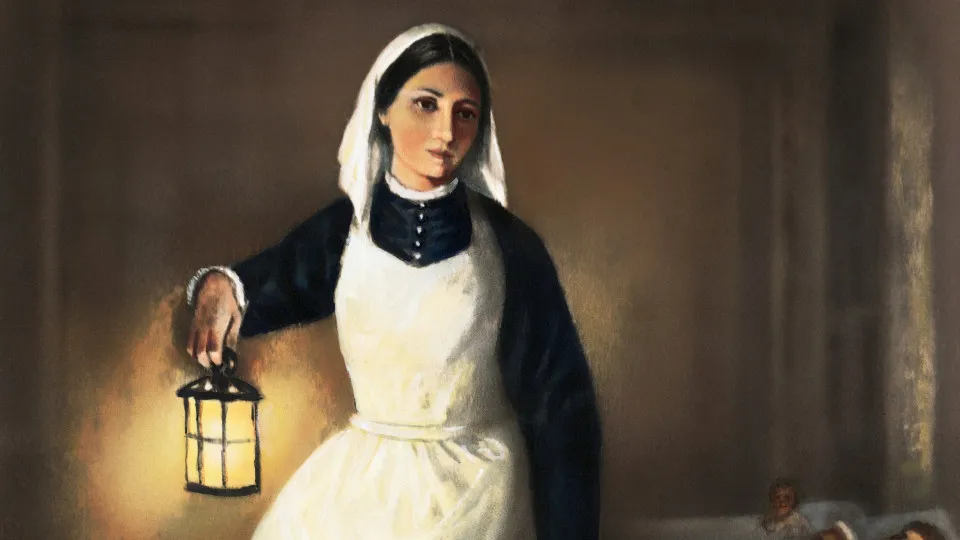Florence Nightingale is known globally as the "Lady with the Lamp" for her work as a nurse during the Crimean War. A principal founder of the modern profession of nursing, Nightingale was also a healthcare pioneer. Her impact in nursing and social care cannot be underestimated and her work remains as relevant to modern-day healthcare practices as it's ever been. So why does Florence Nightingale still matter?
Click through and explore the life and legacy of one of the most influential women of the 19th century.



